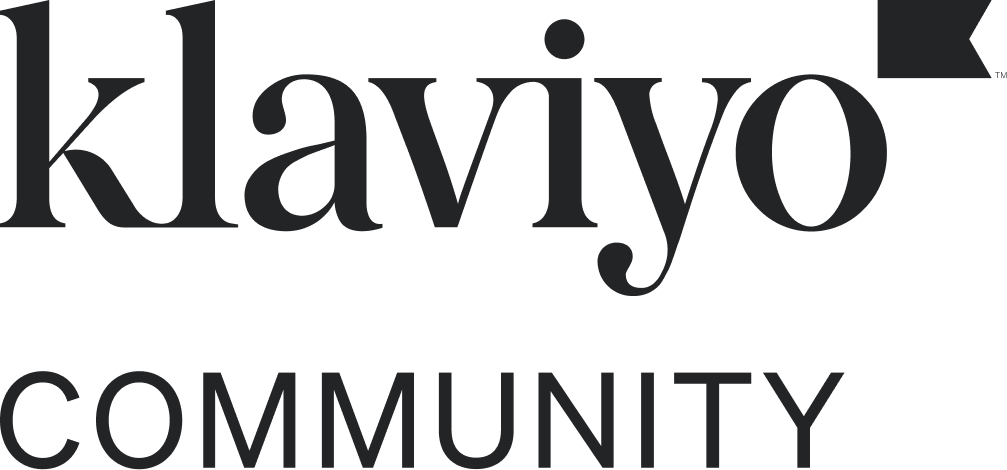Hi all,
I’m looking to include a number of profile properties into a b64 encoded query param for URLs to use in an email/SMS.
What I am looking for is a URL that comes out like…
`https://klaviyo.com?data=d3d3LmtsYXZpeW8uY29t`And this `data` property, when b64 decoded, is a JSON stringified object, such as…
'{"phone": "555-555-5555", "email": "testing@example.com"}'I want to do this so my webapp can decode the single query param and then run `JSON.parse()` on it to get all of the variables within.
Has anyone tried something similar? I’m running into a number of issues with creating stringified JSON objects with profile properties and b64 encoding them.
I’m also running into issues with creating profile properties that include variables in them...
Does anyone have any suggestions?
Thank you!
Kevin.
Best answer by JeffV.klaviyo
View original



![[Academy] SMS Strategy Certificate Badge](https://uploads-us-west-2.insided.com/klaviyo-en/attachment/2f867798-26d9-45fd-ada7-3e4271dcb460_thumb.png)


![[Academy] Klaviyo Product Certificate Badge](https://uploads-us-west-2.insided.com/klaviyo-en/attachment/8798a408-1d98-4c3e-9ae8-65091bb58328_thumb.png)